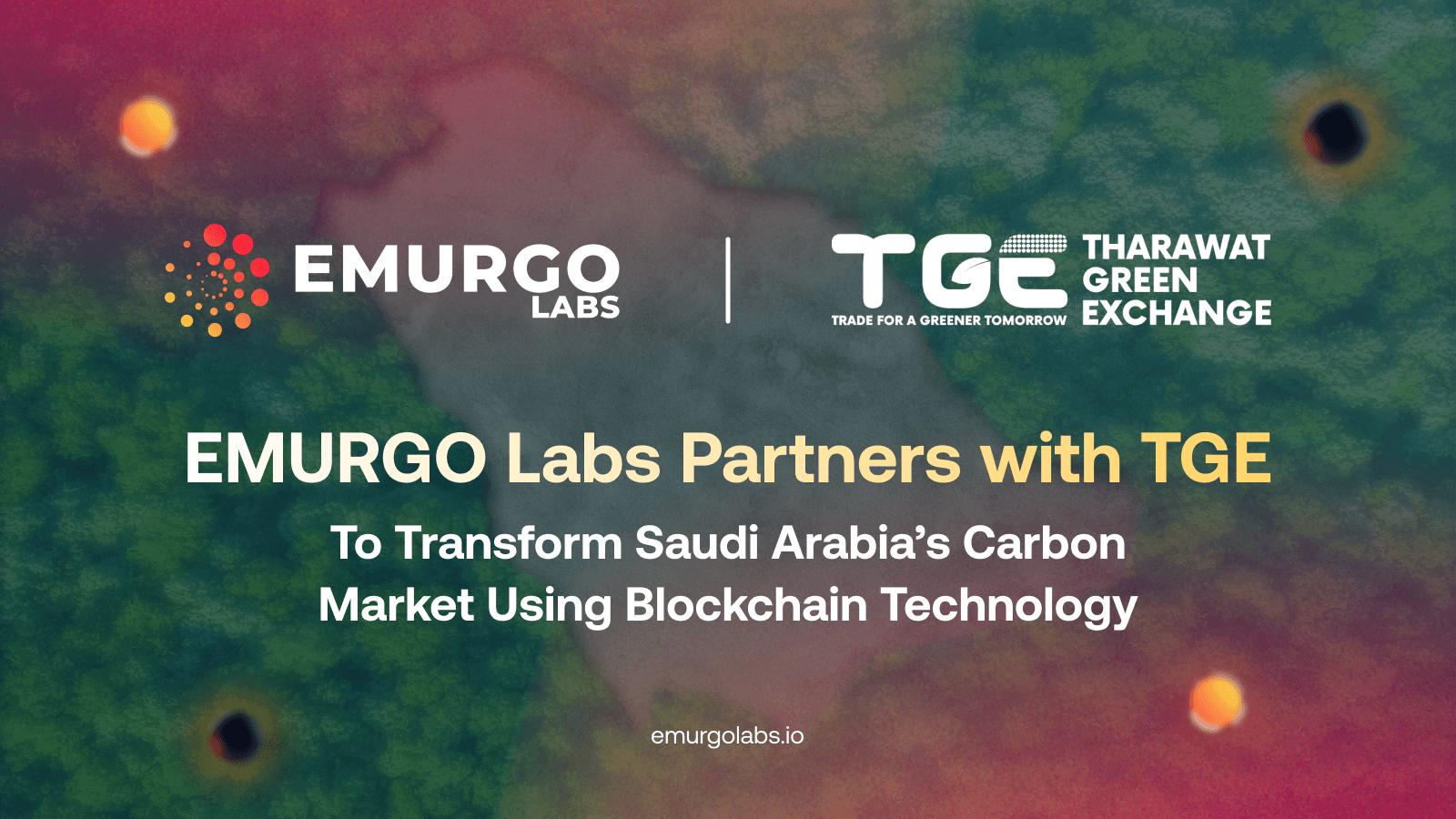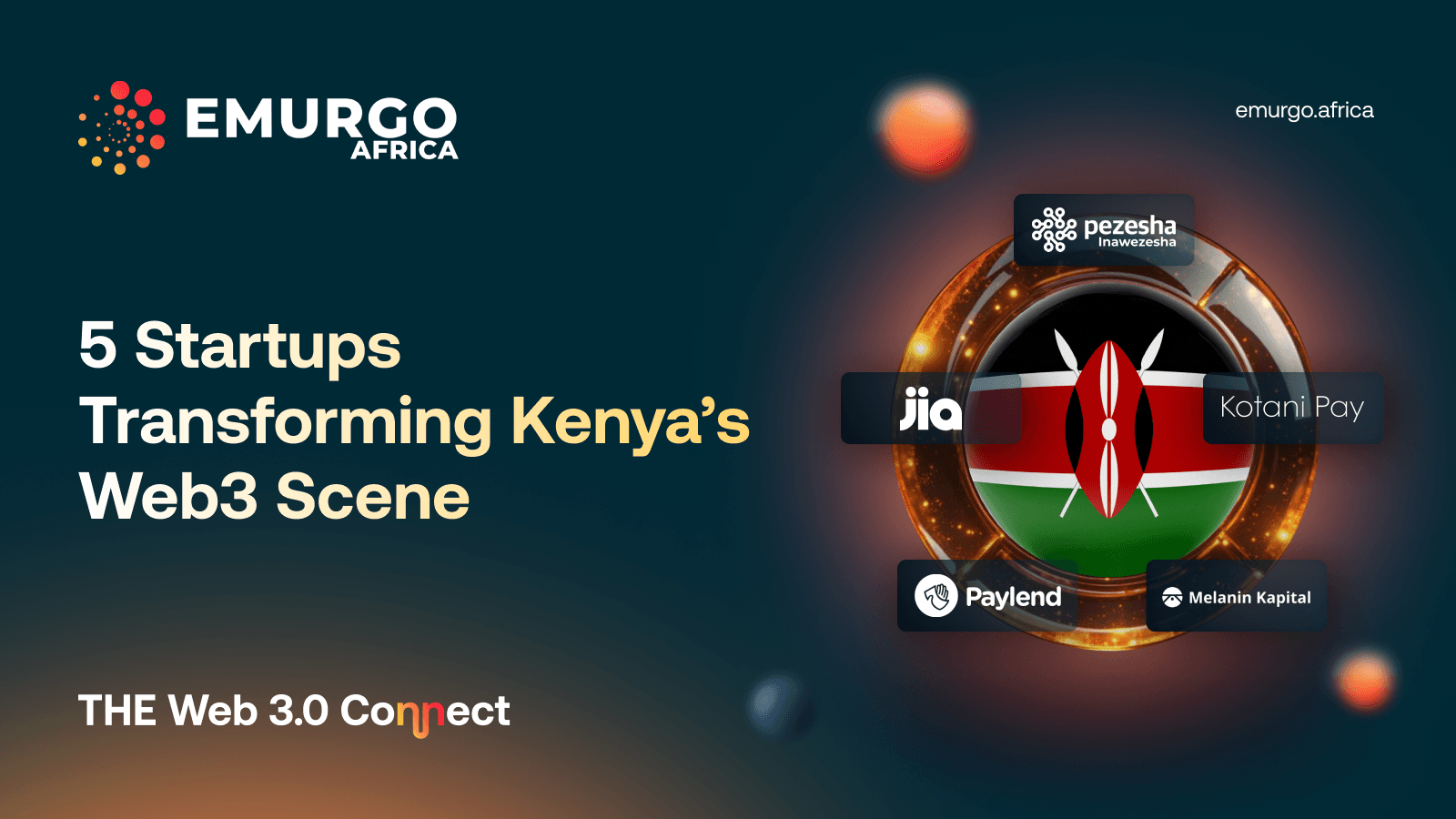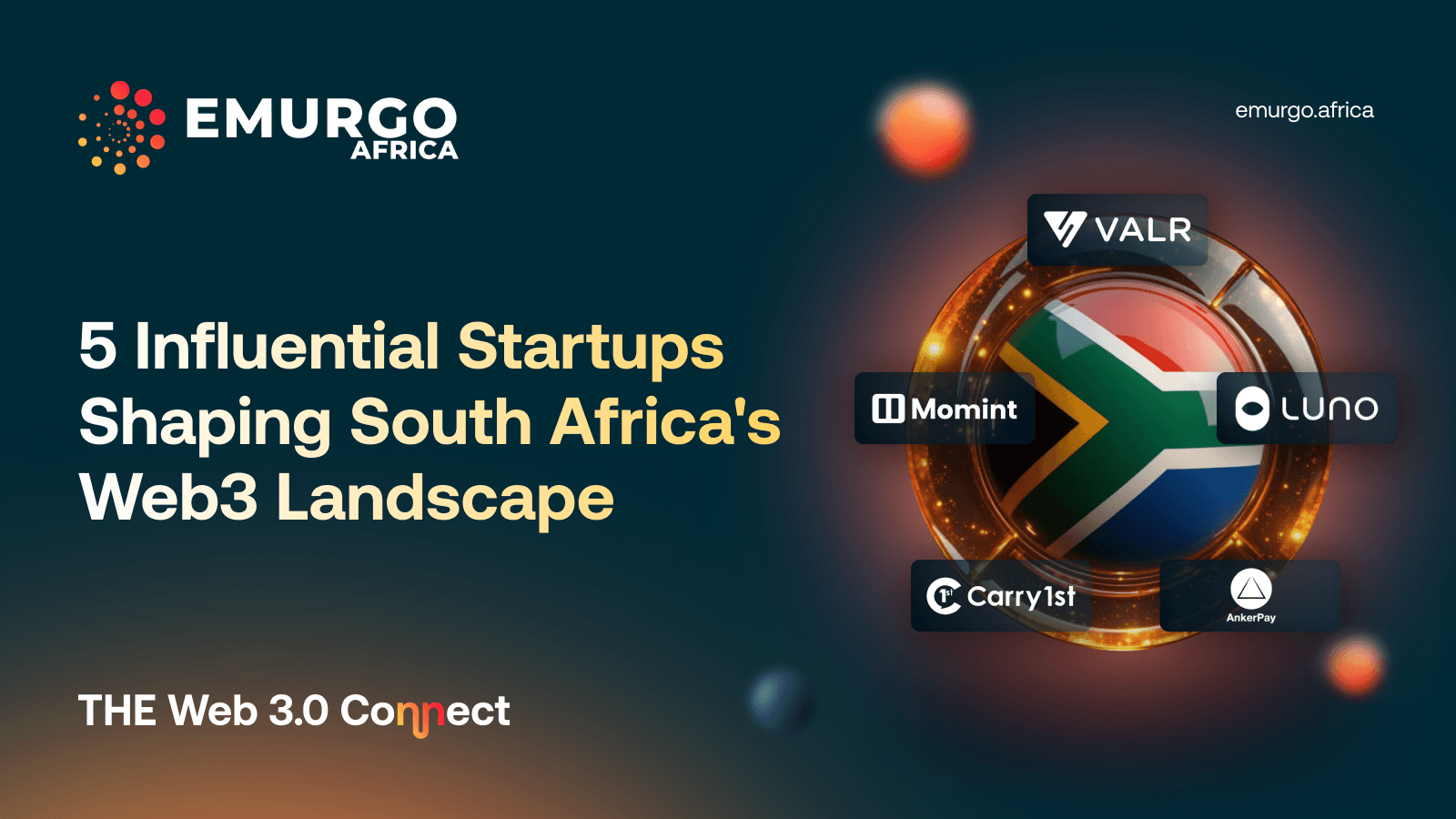Thank you for visiting our blog post 😊
In this blog post, we will dive into the world of Cardano development and unlock exciting opportunities! 💡 Whether you're aspiring to become a Cardano Smart Contract Developer through Plutus or Marlowe, contributing directly to Cardano's development, exploring funding and incubation programs, joining hackathons, or even seeking formal employment – Cardano has it all! 🧑🏾💻 Connect with vibrant communities, engage in discussions, and leverage educational programs to bring your innovative web3 applications to life. 🚀
This content was originally published at https://www.blog.emurgo.africa on March 28, 2023.
Below, you can read the topics of your interest in more detail. 👇🏾🤠
Table of Contents:
- Understanding Cardano's Foundation 🧠
- Smart Contracts on Cardano – Plutus & Marlowe 🎢
- Tokenization on Cardano – Native Tokens and NFTs 🪙
- Opportunities for Developers on Cardano 💡
Understanding Cardano's Foundation 🧠
Cardano is a third-generation blockchain platform that aims to solve common challenges faced by older blockchains, such as slow transaction speeds and high energy consumption 🌿. It was developed by IOHK, a technology company co-founded by Charles Hoskinson, one of Ethereum's original co-founders.
The platform is underpinned by the Proof-of-Stake (PoS) consensus algorithm, which reduces energy consumption while maintaining security and decentralization 🔒. Additionally, Cardano uses a two-layer architecture:
- Cardano Settlement Layer (CSL) - Handles transactions and balances ⚖️
- Cardano Computation Layer (CCL) - Manages smart contracts and decentralized applications (dApps) 🛠️
Separating these two layers, Cardano can optimize transaction efficiency and facilitate more complex smart contract execution.
Cardano is also known for its research-driven approach, with a strong focus on peer-reviewed academic research. This ensures that the platform's features and upgrades are thoroughly tested and based on solid foundations, making it a reliable choice for developers looking to build robust, scalable applications.
Smart Contracts on Cardano
Plutus is the native smart contract programming language for Cardano and a Haskell-based language that provides a high level of security and robustness. Plutus empowers developers to create secure and reliable dApps while minimizing the risk of coding errors 🐛. Plutus combines the flexibility of general-purpose programming languages with the safety of domain-specific languages, making it an ideal choice for developers interested in creating complex, data-driven applications.
Marlowe is a domain-specific language (DSL) designed for the financial industry. It allows you to build contracts visually and in more traditional code, even without programming experience.
Aiken is a new programming language and toolchain for developing smart contracts on the Cardano blockchain. The language is used for creating on-chain validator scripts only: a language & toolchain favouring developer experience.
Opshin is programming language for developing smart contracts on the Cardano blockchain based on Python.
Plu-ts is a typescript-embedded smart contract programming language and library for developing smart contracts on the Cardano blockchain.
Moreover, Cardano's Extended UTXO (eUTXO) model allows for more predictable and secure smart contract execution, addressing common issues associated with Ethereum's account-based model. With the eUTXO model, developers can better manage transaction dependencies and avoid unexpected behaviors, leading to more reliable dApps.
Tokenization on Cardano – Native Tokens and NFTs 🪙
Cardano supports native tokens, which can be created and transacted directly on the platform without the need for smart contracts. This approach simplifies token creation and reduces the risk of coding errors 🎯. Cardano's native tokens are ideal for creating custom cryptocurrencies, utility tokens, and even non-fungible tokens (NFTs).
Native tokens on Cardano benefit from the platform's built-in token logic, which eliminates the need for custom code and ensures consistent behavior across different tokens. This approach not only reduces complexity but also enhances security and interoperability.
With Cardano's native tokens, you can develop projects related to decentralized finance (DeFi), gaming, and digital art without worrying about the complexities of smart contract development. Plus, the platform's low transaction fees and energy-efficient PoS consensus algorithm make it a cost-effective and eco-friendly choice for tokenization projects 🌍.
Opportunities for Developers on Cardano 💡
1. Become a Cardano Smart Contract Developer
If you want to start with Plutus, having previous programming experience will help. Begin by taking the free Haskell Bootcamp Course on GitHub or the e-learning platform provided by IOHK. IOHK also offers the Plutus Pioneer Program to support developers on this learning journey. This highly interactive program runs for ten weeks and requires a minimum commitment of ten hours per week. 🧑🏾💻
To learn Marlowe, check out the recorded lectures from the latest cohort of Marlowe Pioneers Program by following this link. This seven-week course includes live lessons, Q&A sessions, and additional coursework. As with all pioneer programs, this program is offered depending on demand. If you are interested in joining a future cohort, please keep an eye on Marlowe Pioneer Program page, where new course dates will be announced. 📢
More information about how to become a Cardano smart contract developer, you can check out this article in Essential Cardano. 📖
You can also follow the related communities below:
- IOG Technical Discord
Head to the IOG Discord if you want to join the Plutus Pioneers. - t.me/IOHK_Marlowe
Dedicated channel for Marlowe developers and users. You can ask questions, participate in discussions and meet the team behind Marlowe.
2. Contribute to Cardano Development
If you're interested in directly contributing to the development of Cardano blockchain, join the Cardano discussion and start raising issues and proposing refinements. By consistently contributing to the Cardano blockchain, you may be listed as a contributor or code reviewer with time. There is also a general Cardano developer talk on Cardano Forum, which you can join.
You can also follow the related communities below:
- cardano.stackexchange.com
Stack Exchange is a question-and-answer website, not meant for extensive discussion or opinions. - forum.cardano.org
The developer categories on the Cardano Forum is an excellent place for extensive discussions and opinions, but also to get support. - Cardano Community Discord
Visit the developer categories on the Cardano Community Discord if you prefer chat-style conversations. - t.me/CardanoDevelopersOfficial
Chat style conversations on Telegram in one of the oldest Cardano developer groups. - reddit.com/r/CardanoDevelopers
A subreddit dedicated to everyone building on the Cardano blockchain. - Developer Portal Discord
If you would like to help develop the Developer Portal further, you can join this discord channel. - CIPs - biweekly meetings
CIP meetings discuss Cardano Improvement Proposals every other week. Join Editors and community members in the dedicated discord server to keep up with the ongoing technical discussions regarding standards, processes and ongoing Cardano conversations.
3. Funding and Incubation Programs
For those interested in developing your own products on Cardano and getting funded for your project, check out Project Catalyst Fund, Ariob Incubator, Adaverse for learning and proposing new blockchain projects and potentially getting funded.
For those interested in building services related to decentralized ID on Cardano blockchain, check out Atala Pioneer Program. ✅
4. Hackathons and Collaboration
Collaborate with the Cardano ecosystem by organizing a hackathon. Review the hackathon starter kit to get started.
5. Getting a Formal Job
In case you are interested in the formal employment, you can check on EMURGO Africa website or IOG for the engineer or tech positions.
Cardano offers a unique and compelling platform for developers looking to build innovative web3 applications. Its research-driven approach, two-layer architecture, and advanced smart contract capabilities make it a powerful choice for creating secure, scalable, and sustainable projects.
Whether you're interested in DeFi, NFTs, gaming, or other web3 applications, Cardano provides the tools and resources you need to bring your ideas to life. Explore funding opportunities, contribute to Cardano's development, connect with developer communities, and take advantage of educational programs like the Plutus Pioneer Program and Marlowe Pioneers Program. Start exploring the Cardano ecosystem today and become a part of the web3 revolution! 🚀🌟
Thank you very much for reading this post 🎖️🚀
For downloading the full report, visit this page
Follow EMURGO Africa for more information

EMURGO Africa invests and supports local Web3 projects in the region to adopt Cardano’s decentralized blockchain technology to build socially impactful solutions.
As a regional entity of EMURGO, the official commercial arm of Cardano, EMURGO Africa also runs a local Cardano accelerator in Africa, Adaverse, which accepts applications year-round.
For more up-to-date information on EMURGO Africa, follow the official channels listed below.
About EMURGO Africa
- Official Website: emurgo.africa
- X: @EmurgoAfrica
- Telegram: https://t.me/emurgoafrica



